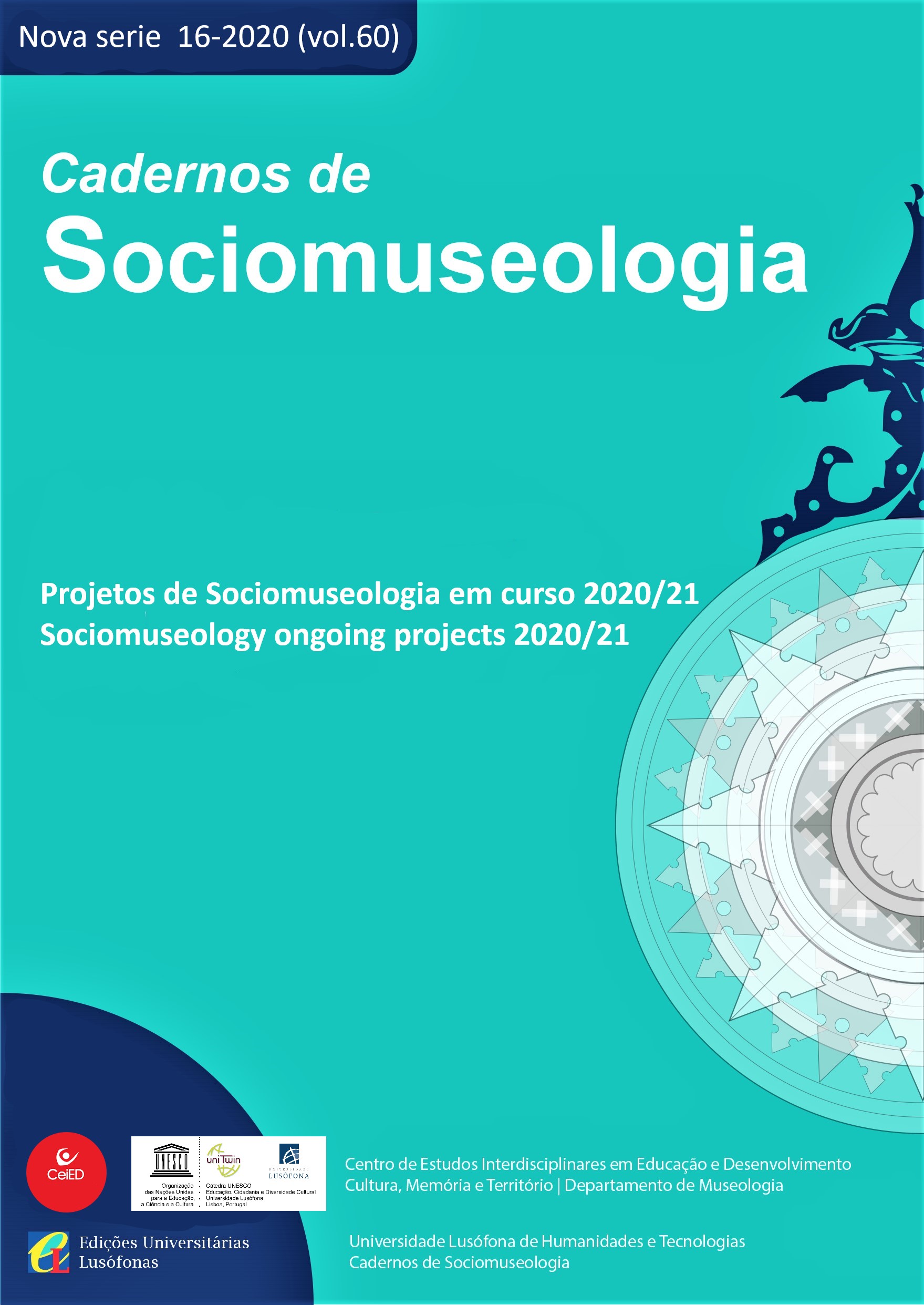Sociomuseology as a school of thought and Museologia Social as a practice. How can Museums help to transform the reality of groups under the effect of marginalization?
Abstract
As museums are organizations that are supposed to serve society, they need to adapt to social changes. We live in an era where we understand that representativeness is of paramount importance for groups under effect of marginalization. The voices of these people have been systematically and institutionally silenced for several hundred years. Since traditional museology fails to engage with marginalized groups, and is, until today, a fundamentally elitist institution, Sociomuseology as a school of thought and the practice of Social Museology emerged with the clear mission to rectify this deficit. The school of thought, the practice and their potential for sociopolitical and economic development of a territory deserve to be carefully looked at. This article aims to provide insights about this new museological paradigm. Two case studies of Social Museum institutions in Brazilian favelas will be presented that exemplify the benefits these museums have already produced for the communities they stand in. Examples of actions developed in these museums and how they affect the daily life of the local habitants will be displayed. This paper was written based on material gathered for the author’s bachelor thesis delivered in Germany in 2018 and counts with field studies, original transcripted and translated interviews, observations and an analysis of the social function of these museums.
Keywords: Sociomuseology; Social Museology; social responsibility; collective memory vs. official history
Downloads
Authors retain copyright and grant the journal right of first publication with the work simultaneously licensed under aCreative Commons Attribution License that allows others to share the work with an acknowledgement of the work's authorship and initial publication in this journal.













